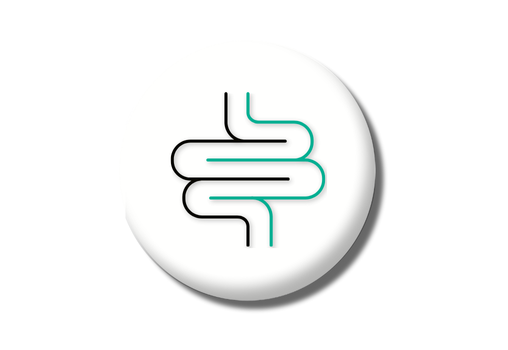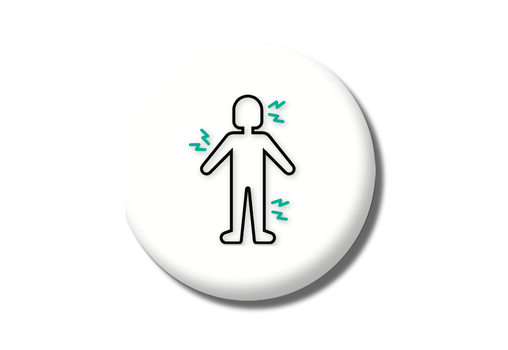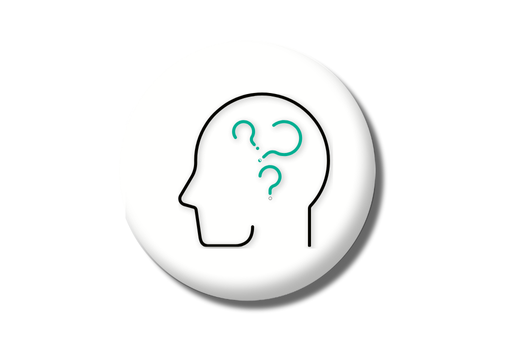
Your QuestionsAbout Long Covid Answered
Real Answers to the Questions You’re Asking
"If you’ve spent hours Googling Long Covid symptoms, treatments, or recovery tips, you’re not alone. I’ve been in that exact spot—searching for answers that feel grounded, practical, and actually helpful.
This FAQ page brings together the most common questions people ask about Long Covid, covering everything from managing fatigue and PEM to understanding brain fog, POTS, and more.
These aren’t generic answers—they’re written with real experience and backed by the best available research. Always check with your doctor before making any health decisions."
— Nick, Founder of Long Covid Store
Explore Essentials FAQs About Long Covid and IACCs



How the Long Covid Store Works
Learn how we select products, ship orders, support research, and publish new guides.
Understanding Long Covid – FAQs
Long Covid refers to symptoms that persist or appear after a SARS-CoV-2 infection. It can affect energy, breathing, the nervous system, and cognition. Understanding what it is, who is at risk, and how it evolves helps you recognize signs, prevent setbacks, and seek evidence-based support.
Long Covid refers to symptoms that continue or appear weeks after infection. These symptoms can involve multiple systems and change over time. Understanding Long Covid helps you notice patterns early and seek appropriate support.
Common symptoms include fatigue, PEM, brain fog, breathlessness, sleep changes, and pain. They may fluctuate in intensity. Our overview of common Long Covid symptoms explains what to watch for.
Overexertion, reinfection, poor sleep, illness, or heat can trigger setbacks. Learning pacing basics helps reduce crashes and protect daily energy.
A simple daily log of activity, rest, and symptoms makes trends easier to see. Use a symptom & activity tracker and review it weekly to guide adjustments.
Reinfections can prolong recovery or add symptoms. Protective steps include pacing, consistent sleep, hydration, gentle conditioning and immune-support basics agreed with your clinician.

Managing Symptoms - FAQs
Symptom management is gradual and personal. Foundations like pacing, hydration, sleep, nutrition, and gentle conditioning can help reduce crashes and improve daily function. Start safely, track your limits, and learn when to pause or seek clinical guidance to protect your long-term progress.
Pacing balances activity and rest so you stay within your energy envelope. Begin small, add buffers, and increase only when stable.
Consistent sleep, hydration, gentle movement, and task chunking can help. Some people explore brain-fog & energy supports alongside lifestyle changes.
Hydration, salt (as advised), compression, and head-of-bed elevation are common strategies. Learn the POTS fundamentals to tailor a safe routine.
Plan rest, avoid stacking tasks, and stop at the first warning signs. A crash-prevention checklist can guide your day.
If symptoms escalate or you notice red flags (e.g., chest pain, severe breathlessness, sudden neuro changes), pause and seek medical advice.

Treatment & Recovery Options – FAQs
There isn’t a single cure yet, but combined approaches can help: symptom control, careful rehabilitation, breathing therapy, autonomic support, and supplements with emerging evidence. Here’s how to explore options, weigh benefits and risks, and build a plan that respects your current capacity.
Treatment options for Long Covid and IACCs vary widely. They may include medications, physical therapy, and lifestyle changes. It’s essential to consult healthcare professionals for personalized recommendations.
Recovery from Long Covid often requires a multi-faceted approach. Focus on gradual physical activity, nutrition,
sleep and mental health support. Connecting with healthcare providers can guide your recovery journey.
Yes, support groups are available for individuals dealing with Long Covid and IACCs. These groups provide a safe space for sharing experiences and coping strategies. You can find local or online options through our resources.
Some supplements may aid recovery, including vitamins D and C, omega-3 fatty acids, and probiotics. However, it’s crucial to consult with a healthcare provider before starting any new supplement regimen. They can help tailor recommendations to your specific needs.

Mental Health & Cognitive Health – FAQs
Long Covid can affect mood, anxiety, sleep, attention, and memory. Acknowledging these changes is a first step. Practical tools, routines, peer support, and professional care can improve day-to-day life while you work on recovery. Find ideas to protect your mind and lighten cognitive load.
Inflammation, dysautonomia, and uncertainty can affect mental health. Recognizing this impact is the first step toward emotional support.
Consistent schedules, light control, and wind-down routines help. Explore sleep support strategies that fit your day.
Break tasks into smaller steps, limit noise, and schedule recovery breaks. Our tips for managing cognitive load can make focus easier.
Stories and shared tools can be encouraging. Visit Life After COVID: The Long Haul Blog and curated resources for moderated support.
If symptoms persist, worsen, or affect safety or daily function, consider professional support alongside self-care.

How does Long Covid Store works? – FAQs
We’re a community-driven curatorship. We select products carefully, ship reliably, and donate 25% of proceeds to Long Covid research at the Mayo Clinic. We also publish practical guides and updates. Learn about our standards, shipping and returns, research commitment, and how to contact us.
We curate products using a checklist: ingredient transparency, quality manufacturing, third-party testing where available, evidence or a plausible mechanism, and consistent community feedback. We trial items, monitor outcomes, and remove anything that doesn’t meet our bar. Contact us if you’d like us to review a product.
We outline timelines, costs, and policies clearly. Check Shipping & Returns for details before you order.
We donate 25% of proceeds to Long Covid research at Mayo Clinic. Funds are pooled from every order and sent on a regular cadence. For updates on projects we support and impact notes, check our latest guides, or contact us with any questions.
We publish practical guides on a regular cadence, shaped by the questions we hear most from the community. Browse latest guides and articles for updates.
Your feedback helps us curate better for the community. Reach the team via Contact us.

Subscribe to our emails
We are constantly adding answers to the most frequently asked questions, so keep an eye out. To receive emails with those updates, please subscribe to our mailing list.

